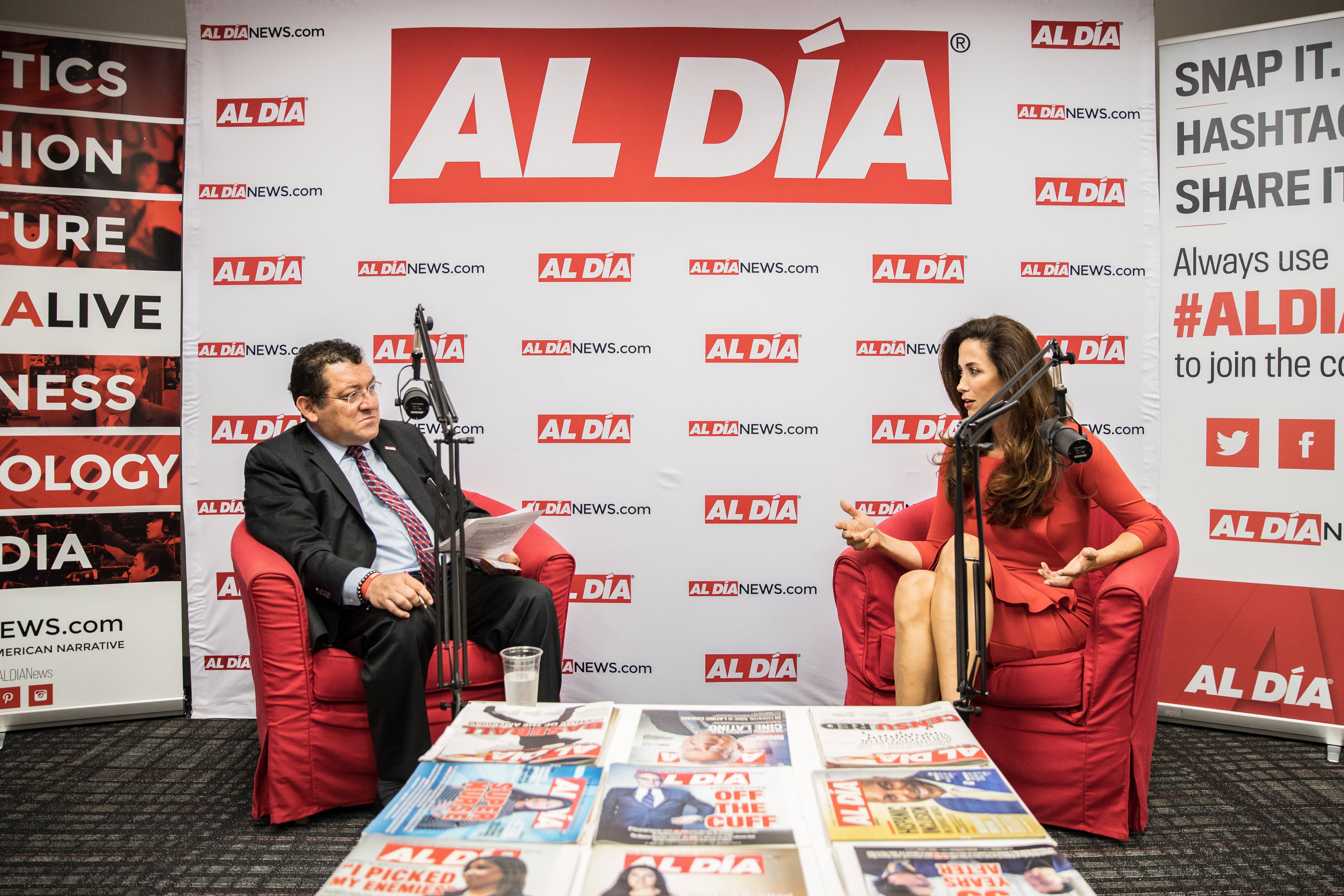
The biggest challenge confronting U.S. Latinos
Current narratives prevailing over the U.S. media, still portraying U.S. Hispanics as servants, criminals or maids, proves how disconnected this media is from…
The mainstream media has historically either disregarded or misrepresented the Latino community in the U.S.
“Anglo news media long resisted everyday coverage of Latino communities and often slanted stories to portray Latinos as strangers threatening Anglo society,” says professor Felix Gutiérrez in his essay “More Than 200 Years of Latino Media in the United States”.
Historically, Latinos in the U.S. have often been portrayed by traditional media as “greasy bandidos, fat mamacitas, romantic Latin lovers, lazy peons sleeping under sombreros, short-tempered Mexican spitfires, violent revolutionaries, faithful servants, gang members, and sexy señoritas with low-cut blouses and loose morals,” explains Gutiérrez.
We must add that U.S. Hispanic media — mainly TV — has also fed into these stereotypical images of Hispanic Americans.
We must add that U.S. Hispanic media — mainly TV — has also fed into these stereotypical images of Hispanic Americans.
Can growing up seeing people like you only represented as servants, criminals, or maids, become a challenge for the new generations of Americans of Hispanic descent?
Claudia Romo Edelman’s visit to AL DÍA a couple of days ago provided a solid answer:
It is the biggest challenge confronting Latinos in 21st century America:
RELATED CONTENT
The perception we have of ourselves, largely determined by the way we are reflected on the media, or directly by the absence of any representation at all of what is the largest demographic transformation experienced by the country in a century.
Easy stereotypes have survived 200 years, despite the efforts of courageous editors and publishers who have endeavored to give voice to their local communities, championing the cause of telling the story of America’s Latinos through hundreds of newspapers published, mostly in Spanish, throughout the country.
Nationally, however, accurate images of 21st Century U.S. Latinos are almost non-existent. Those propagated by Spanish-language TV only perpetuates the stereotypes created by mainstream media.
Claudia Romo Edelman defends a simple idea: In order to deliver a more accurate representation of Latinos, we need to change the narrative and start portraying ourselves as who we are already becoming: America’s new middle class.
Quite a challenge for 21st century media, and Hispanic media in particular, which now is forced to evolve from its 20th century format, limited to one language, Spanish, and subjects of coverage that often never went beyond entertainment, sports.
As the U.S. progresses towards its destiny as a multiracial and multicultural nation, so the media focus must evolve on the nation's Latino demographic that is at the center of its economic growth and cultural transformation in the 21st Century.











LEAVE A COMMENT: